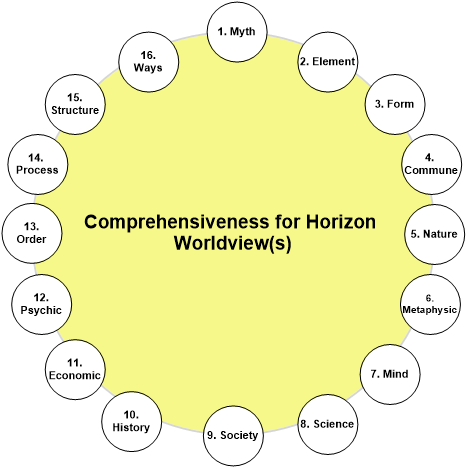Dr Neville Buch challenges a discussion with the views of Mike Seccombe, Zachary Gorman, John Warhurst, and Nick Cater.
“I never got from Menzies what I feel about listening to modern Liberals, which is a contempt for the other. It’s a really, really harsh, harsh attitude – that your political opponents are the enemy. It’s completely wrong. Your political opponents are people with different opinions.”
Ian McAuley, a fellow of the Centre for Policy Development, cited in the Mike Seccombe’s article.
I have opened up a discussion (I hope) on various platforms. My views are my own and I do not represent any group in making my claims. I am a professional historian, but that does not excuse the silence that I and my colleagues receive in the marketplace. I am looking for learned discussion.
I am interested in a scholarly discussion in relation to Mike Seccombe’s articles in The Saturday Paper, and Zachary Gorman ‘s piece on the Menzies Research Centre website:
Part one: Collapse of the modern Liberal Party
https://www.thesaturdaypaper.com.au/share/14046/VGH08q1C
Part two: Collapse of the modern Liberal Party
https://www.thesaturdaypaper.com.au/news/politics/2022/06/18/part-two-the-howard-battlers-joined-the-party
One Direction
https://www.menziesrc.org/news-feed/one-direction
This is what I have to say:
- I agree that “Australian context liberalism has conservative elements, which can often lead to confusion in definitions”, and I have often written in this way to illustrate the difference between Burkean conservatism and the neo-conservatism which arose from the mid-twentieth century. In my work of American history, I am familiar with William F. Buckley Jr. So, how would you make the distinction?
- “The concept of the ‘broad church’ when it comes to the Liberal party of Australia is a legacy of John Howard, who was trying to put to bed ideological infighting which had dogged the party throughout the 1980s.” My extensive research and reading of the 1980s is at great odds with the statement. In this scholarly work, I am joined by Professor Marion Maddox, who has recently retired. We both have extensive publications that go back to the historiography of this era, and tell the story in terms of religion and education. The majority view of the AHA – and I have not done a survey, nor do I indicate that I speak for the AHA, but – I WOULD SAY, is that Howard brought a culture-history war upon academic AND professional (in the marketplace) historians. That’s the legacy and it is certainly not ‘broad church’. My question is, how can the historiography be evidentially otherwise?
- “Leaders who define themselves by their ‘moderation’ have failed because they go out of their way to make the party pointless.” Surely, this is both true and not true. As a piece of political rhetoric, the point is well made but, as the current changes in intellectual history, it is greatly mistaken. There is an apparent contradiction if the claim is that the Liberal Party is Menzies’ “a party with a philosophy” and there is no nuanced moderation in the philosophy of the party. Your true point of view is the way the concept of moderation is abused in contemporary public square discussions. For this reason, I have taken the term ‘compatibilism’ rather than talk about moderation. How do you achieve true moderation or accommodation, the answer should be obviously to find where policies can be compatible? Those who disagree militantly in party politics are the culture-history warriors. I have made it clear why a compatibilist approach can find peace away from the cultural-history war (Finding Peace from the Culture-History War: A Historiographical Message for the Times). The alternative being pushed is political cynicism. My question is more of a challenge, can the Liberal Party of Australia recognise what I am saying and accept it as a true perception of the problem?
In conclusion, what we currently have is the deafening silence in non-existent cross-party discussions, as contemporaneous and unfolding public history. The birth of the Liberal Party from the the break-up of the United Australia Party, as Seccombe and John Warhurst points out, was a transition with the will-power of a liberal-thinking Menzies. Thus my challenge to Nick Cater, the neo-conservative Executive Director, Menzies Research Centre, is, can the Liberal Party of Australia recognise what I am saying and accept it as a true perception of the problem? As I discuss this with fellow Queensland voters, they certainly can.
Kind regards,
Neville.

Comprehensiveness For Horizon Worldview
Neville Buch
Latest posts by Neville Buch (see all)
- J. D. Vance’s Insult to America is to Propagandize American Modernism - July 26, 2024
- Why both the two majority Australian political parties get it wrong, and why Australia is following the United States into ‘Higher Education’ idiocy - July 23, 2024
- Populist Nationalism Will Not Deliver; We have been Here Before, many times… - July 20, 2024
